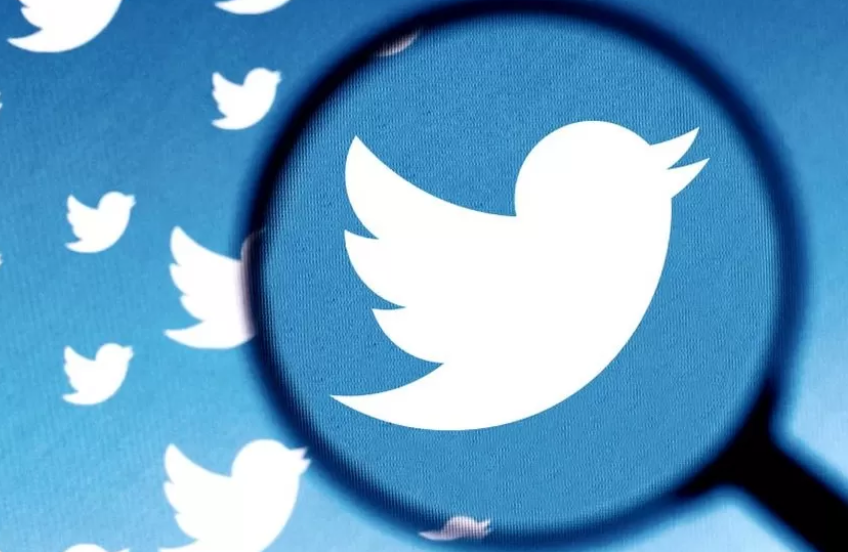Over the past few weeks, I have followed Elon Musk’s Twitter takeover. With interest and concern I have watched as the billionaire has brazenly attempted to “cleanse” the company and “re-build” it into an engineer-optimized, “everything app” platform. Okay, whatever.

Elon Musk has definitely made an impression since taking over Twitter.
As a social media professional, you can’t get too attached to any specific channel. Just like with the longevity of fashion trends, today’s TikTok can easily become tomorrow’s Vine. Platforms come and go. Need evidence? Just take a stroll through the social media cemetery and view headstones that are labeled with names such as MySpace and Google+.
But even with that said, the possible demise of Twitter is shocking to us all. Even though we have a front row seat to the misguided decisions that are making the platform’s complete implosion possible, I think we all are still asking ourselves is this really happening? You see, Twitter isn’t just a fleeting social media app that jockeyed for its 15 minutes of fame before fizzling out. No, Twitter is a social media powerhouse that earned a spot on the industry’s Mount Rushmore alongside giants like Facebook, Instagram, and YouTube.

Twitter earned a spot on the Mt. Rushmore of social media. What will happen if it ceases to exist?
Personally and professionally, Twitter has meant a lot to me. I joined the platform in 2009 and more than 47K tweets later, I can say that there is no other social media channel I have used more. Throughout the course of my three professional stops in higher education, Twitter has been a major vehicle in our social media strategy at each institution. A post-Twitter social media world, if it does in fact occur, will be strange.

This was my first tweet more than 13 years ago. Obviously, I didn’t quite know how to use it at the time.
But sure enough we will adapt and adjust. Perhaps another platform will replace Twitter’s microblogging niche or perhaps we will just use the Twitter-less void to devote more time to existing platforms. Who knows?
With that said, there is something about the current Twitter shitshow that bugs me a helluva lot more than the implications for my personal social media brand or the impact it will have on WSU’s social media strategy. What has caused me anxiety and anger is the authoritarian, intimidation-based managing assault that Elon Musk has unleashed on his employees.
It has been outright brutal to watch. Mass firings, threats, midnight emails, and ultimatums have all been trademarks of Musk’s “leadership style” since he took over Twitter. How’s that working out for you, Elon?

I strongly dislike how Elon Musk is treating his employees.
To see someone grasp power and then use it to make the lives of others a living hell strikes a chord with me. Maybe it is just me, but I prefer a humble leader who puts forth an effort to earn the respect of their new employees instead of a maniac who strong arms those under him to meet unrealistic expectations. The notion that employees must embrace a “hardcore” Twitter and work “long” hours is a sham, and, in my opinion, an outright abuse of employees. Thank goodness most Twitter personnel were in the position to reject such blatant B.S.
Leadership is the exact opposite of what Musk embodies. I have cringed watching the Twitter boss mismanage his talented workforce with each demand and ultimatum that surfaces. Perhaps my sensitivity is just heightened because I have experienced an executive who employed similar management tactics to the exact lack of success that Musk is yielding. Just like with many of the now ex-Twitter employees, I didn’t stand for it. But the real tragedy is that not everyone is in the position to sever ties with an authoritarian boss and so I worry about the remaining Twitter workforce.
Even though the selfish part of me doesn’t want to see Twitter go under, so be it if it means Elon’s maniacal power grip on hardworking employees is released. Twitter has had a good run but it shouldn’t continue if it means that it can’t be sustained in an ethical way. Don’t Blink.
